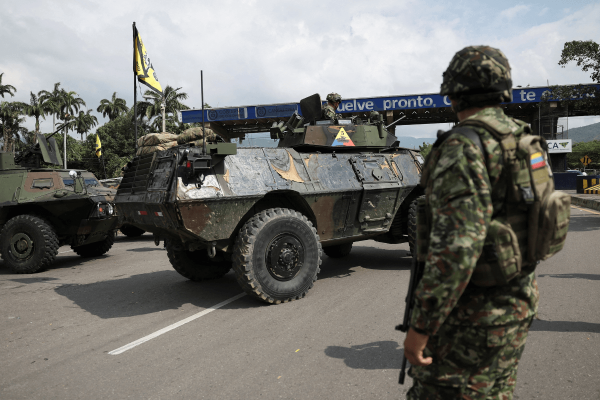I AM A grandson of the Black South, descended from women whose lives were shaped by the long arc of American contradiction. In her later years, my maternal great-grandmother, Essie Lou or “Big Ma,” would often sit alone on her back porch. If anyone came to check on her, she would say, “It’s just me and JC.” That phrase, soft-spoken and straightforward, testified to her resilience, her intimate relationship with the Divine, and her enduring hope. From another branch of my family comes Delsie, my third great-grandmother, born enslaved in 1831. She lived to see her son register to vote in 1867, during the fleeting promise of Reconstruction. Though from different branches, both women were shaped by the same Georgian red clay, the same struggle, and the same unshakable faith. Their lives spanned the distance between hope and heartbreak — and still, they believed.
Today, I believe we are living in another such moment — one that echoes the backlash against Black freedom and multiracial democracy during the so-called Redemption period. Then, as now, the church stood at a crossroads: complicity or prophetic resistance?
After the Civil War, the promise of Reconstruction was swiftly extinguished by a campaign to “redeem” the South from Black political power. This Redemption Era gave way to Jim Crow laws, violent suppression, and the codification of second-class citizenship. Historian Rayford Logan called it the “nadir” of Black life in America — not only politically but morally. White churches were central to this betrayal. Many pulpits preached a gospel of racial hierarchy. Biblical texts were weaponized to justify segregation. Clergy blessed white militias or remained silent as terror reigned. This was not just a political failure — it was a theological one as well. The church clung to empire and the idol of whiteness, failing to imagine a Jesus who could break the chains of caste.
Even in the valley of the shadow of death, the Black church sang. While white churches often supported white supremacy, Black congregations became sanctuaries of resistance, offering spiritual refuge, political formation, and mutual aid. They preached salvation and liberation in the same breath. Leaders such as Bishop Henry McNeal Turner of the AME Church declared “God is a Negro,” rejecting theological white supremacy. In 1900, James Weldon Johnson penned “Lift Every Voice and Sing,” later set to music by his brother. It became a spiritual protest and a communal prayer.
Big Ma would have been in the first generation of children to sing that hymn. She became an educator in segregated schools and a pastor’s wife, shaping minds and nurturing communities with wisdom and faith. Her life was a testament to the fact that education, faith, and formation were acts of resistance and seeds of liberation. The Black church held space for that stubborn, sanctified hope — a freedom faith that proclaimed that God is not neutral in the struggle for justice.
We are again in a moment of backlash — against racial justice, gender equity, LGBTQ+ rights, and democracy itself. White Christian nationalism is resurging, cloaked in religious language. Across the country, scripture is invoked to justify book bans, voter suppression, and attacks on human dignity. Churches that once stayed silent are now loud in their defense of exclusion. And yet — a remnant remains. Congregations speak truth. Clergy organize for justice. Lay leaders embody the gospel through radical hospitality and fierce love. They are the heirs of the freedom faith that animated Big Ma’s generation. Like the children who first sang “Lift Every Voice,” they are shaping a future rooted in God’s promises. They stand strong in their rightful place in history.
The choice remains: Will the church cling to power, or return to the prophets?
History may not repeat, but it rhymes. Today’s church stands at a crossroads. Historically Black denominations must reclaim their prophetic roots. Predominantly white denominations must tell the truth — not just about Reconstruction and Redemption, but about their present-day complicity. And then they must act. This is a moment for spiritual formation — for lament as sacred protest, for reparative action that restores what’s been stolen, for solidarity that moves beyond charity and into shared struggle. And it is a moment for hope — not optimism, but the gritty hope born in the valley, the kind Big Ma passed on through classrooms and church houses.
We are called to memory, not nostalgia. And to courage, not comfort. The road is hard, but we are not alone. The struggle for justice has never been linear. The church has been both balm and blade. And yet, a remnant remains.
I think often of Delsie, born enslaved, who lived to see her son register to vote, and of Big Ma, who taught and ministered with quiet defiance. They didn’t know if we would win. But they believed we were worth fighting for. Their faith was not rooted in certainty, but in commitment.
May we, too, be so committed. May we join the remnant — with trembling hands and lifted voices — until earth and heaven ring. May we forever stand.

Got something to say about what you're reading? We value your feedback!






